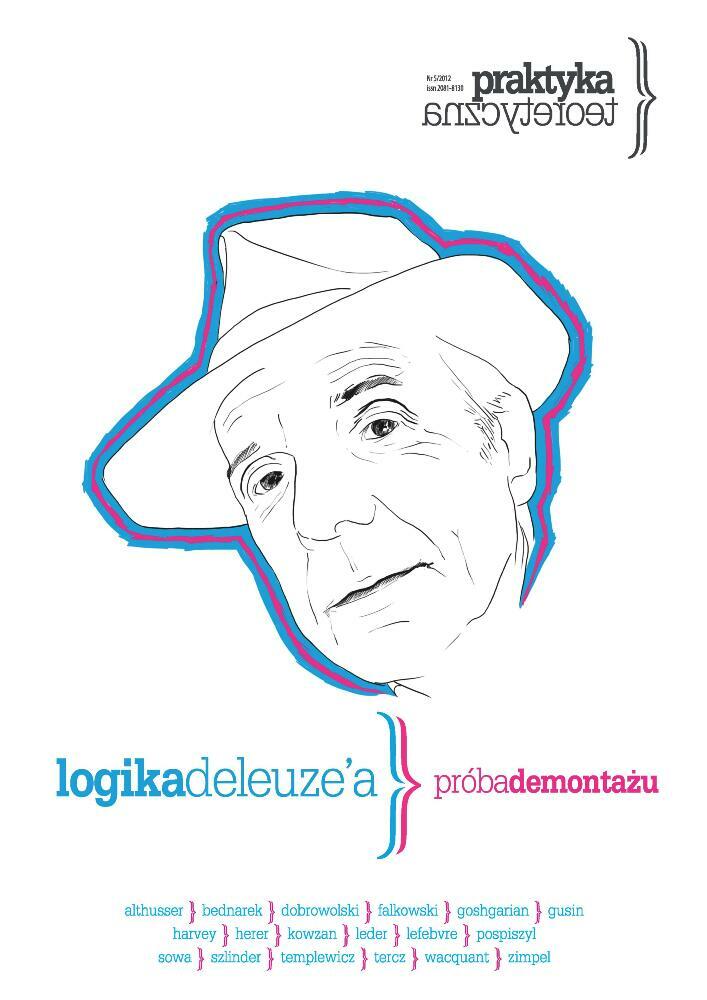Abstract
The article analyzes political and epistemological limitations of postmodern
critique of justice in the midst of an economic and ideological rule of free
market universalism. Interpreting the lack of political response to a fire of chicken
processing plant in Hamlet, North Carolina, which took 25 victims, the author
discusses questions of identity politics, multiculturalism, situatedness, otherness
and difference. It is impossible, in Harvey’s opinion, to discuss them apart from
political environment and material conditions. The return to economic issues (including
question of exploitation, class and accumulation), neglected by postmodernists,
and epistemology based on historical and geographical materialism provide
us with an opportunity for the recovery of concepts of universality (in dialectical
relation with particularity) and social justice as a powerful mobilizing discourse for
political action.
License
“Theoretical Practice” seeks to put into practice the idea of open access to knowledge and broadening the domain of the commons. It serves the development of science, thinking and critical reflection. The journal is published in open-access mode under the CC-BY-NC-SA 4.0 license (detail available here: http://creativecommons.org/licenses/by-nc-sa/4.0/). Articles published in the journal may be freely distributed, stored, printed and utilized for academic and teaching purposes without restrictions.
They should not be, however, used for any commercial purposes or be reconstructed into derivative creations. Access to the journal may not be limited or offered for a fee by any third party.
Prospective authors are obliged to fill in, sign and send back the publishing contract compliant with the CC licencing. [PL.pdf, PL.doc, EN.pdf,EN.doc].
According to this contract, authors grant the journal a non-exclusive right to publish their work under the creative commons license (CC-BY-NC-SA 4.0) without any financial obligation on both sides of the contract.
Before submission authors should make sure that derivative materials they use are not protected by copyright preventing their non-commercial publication. Authors are responsible for any respective copyright violations.
